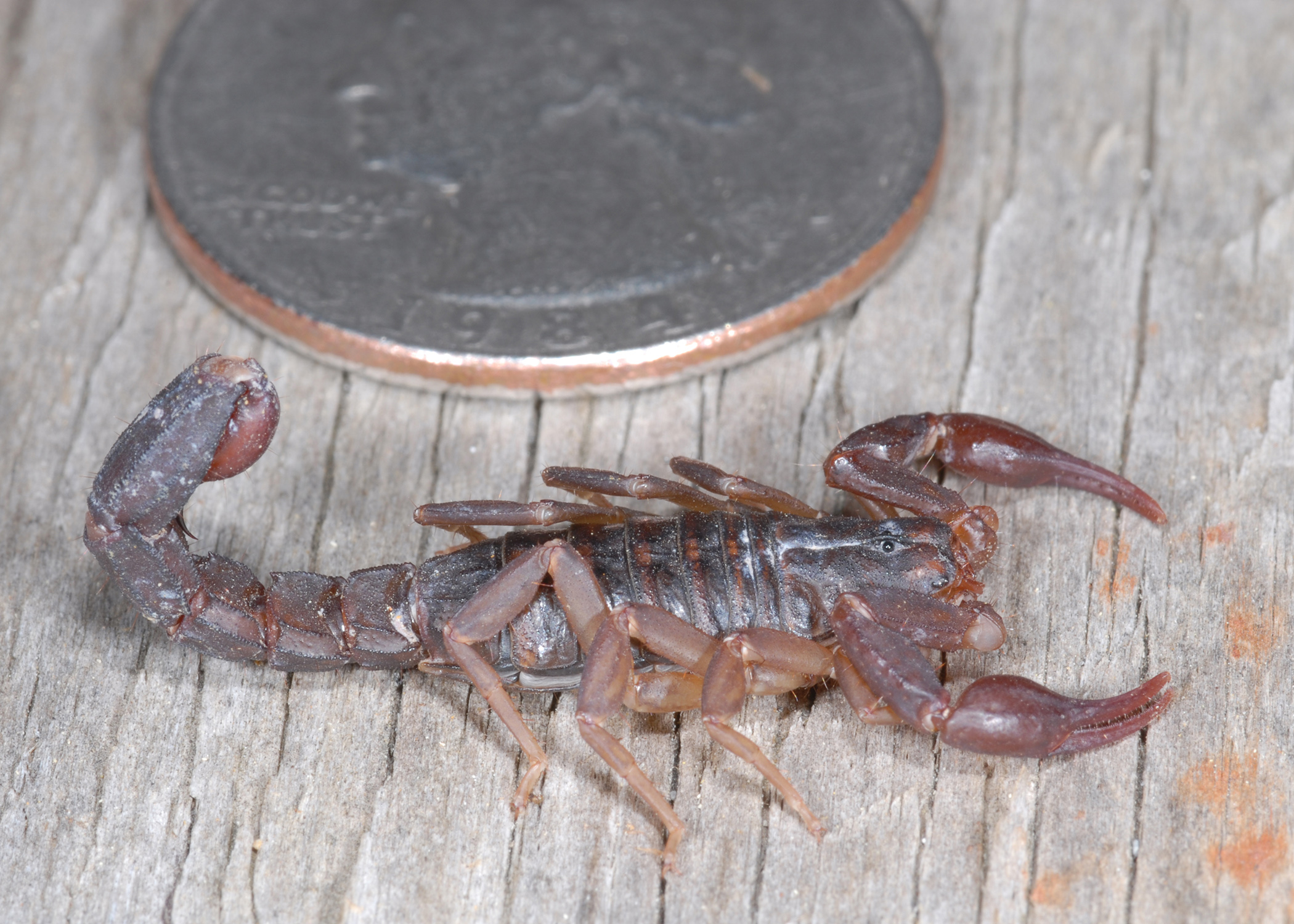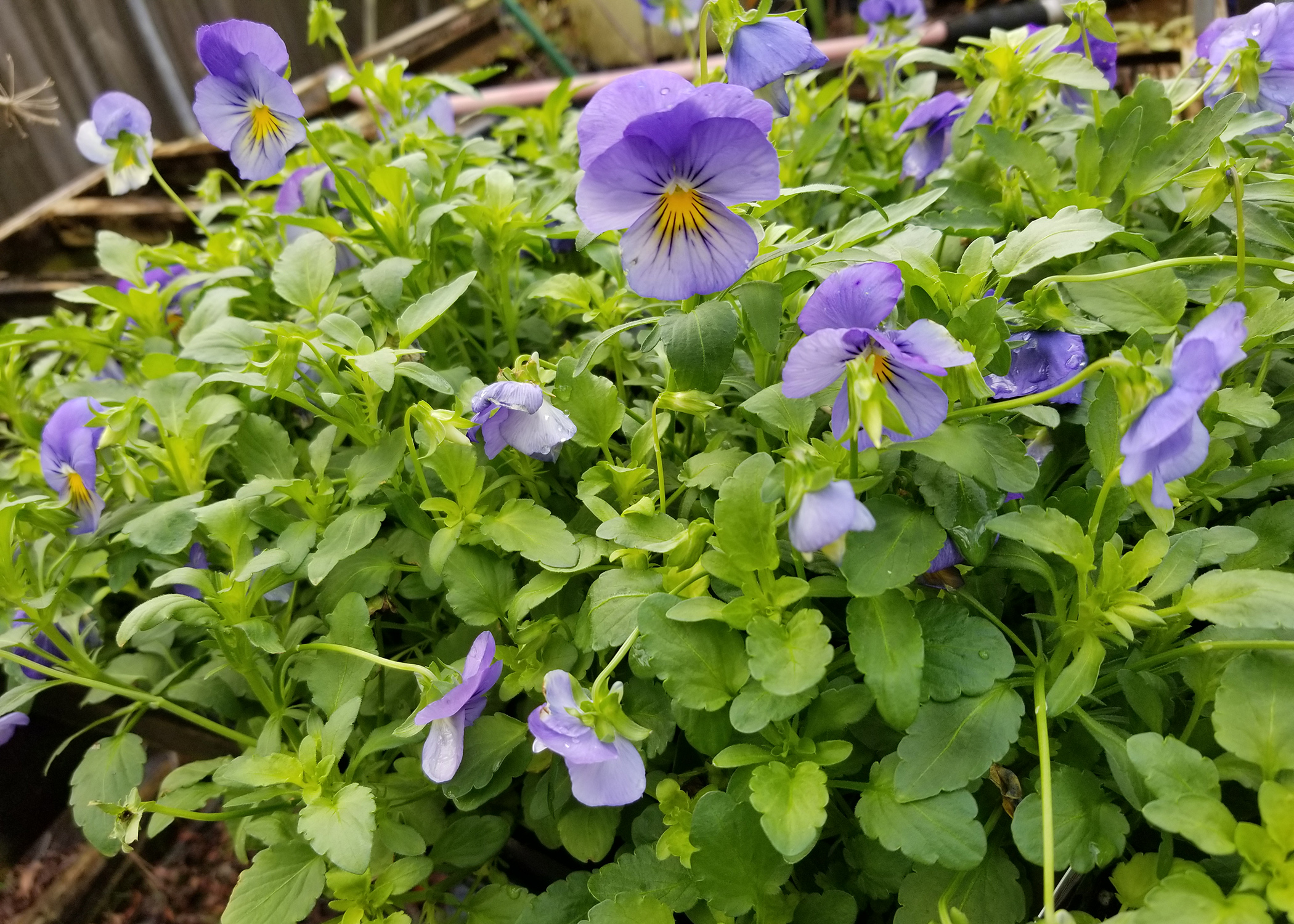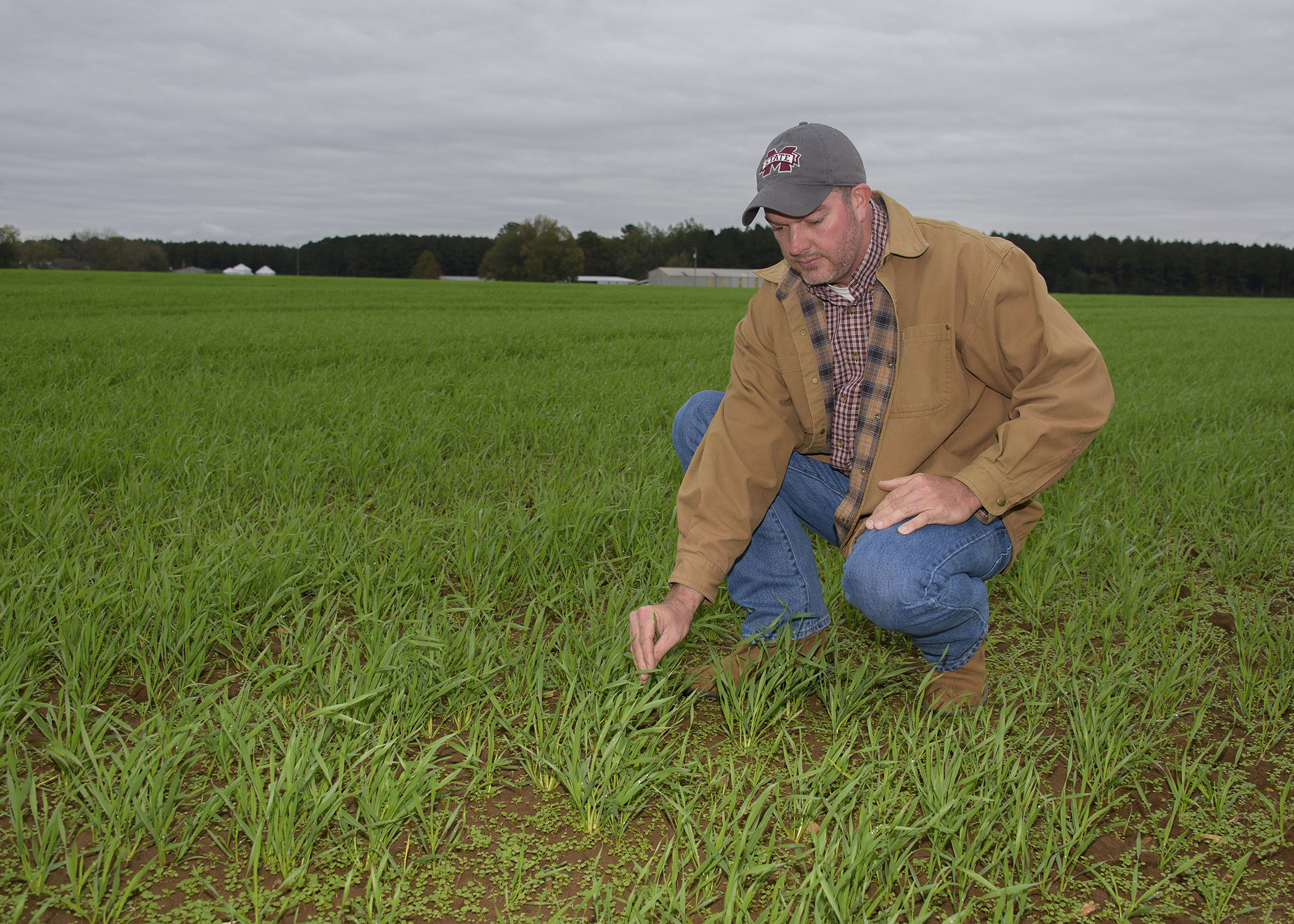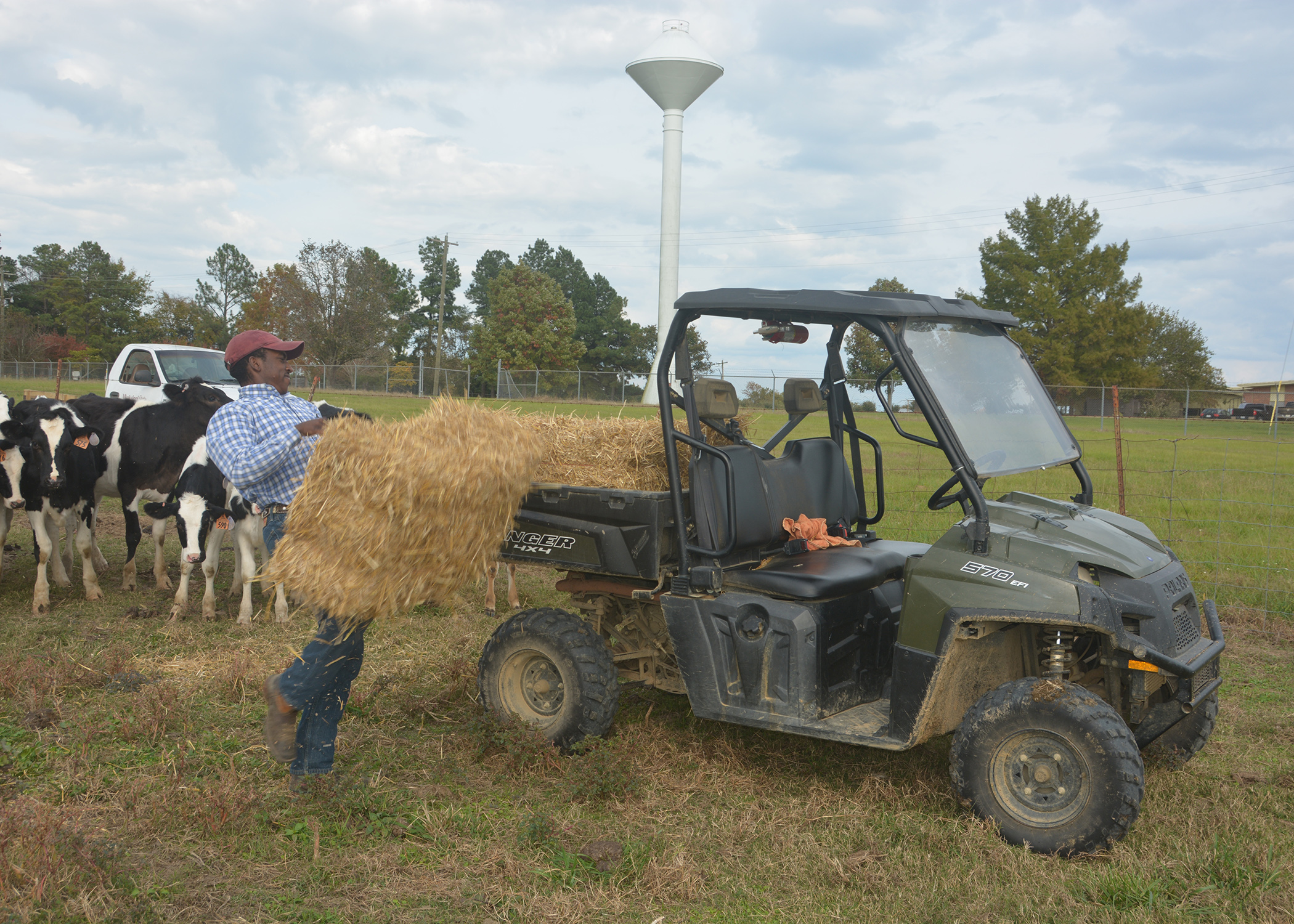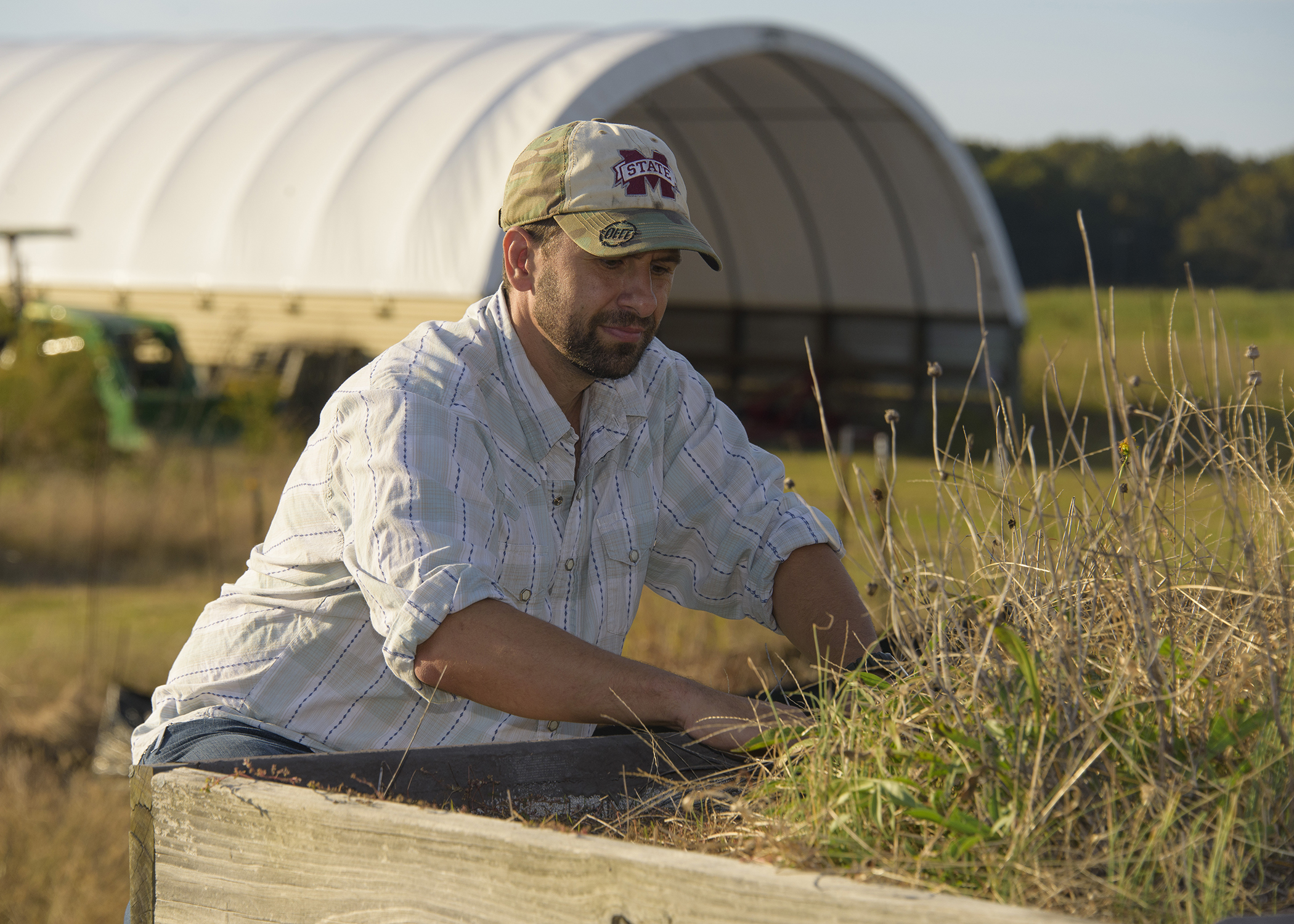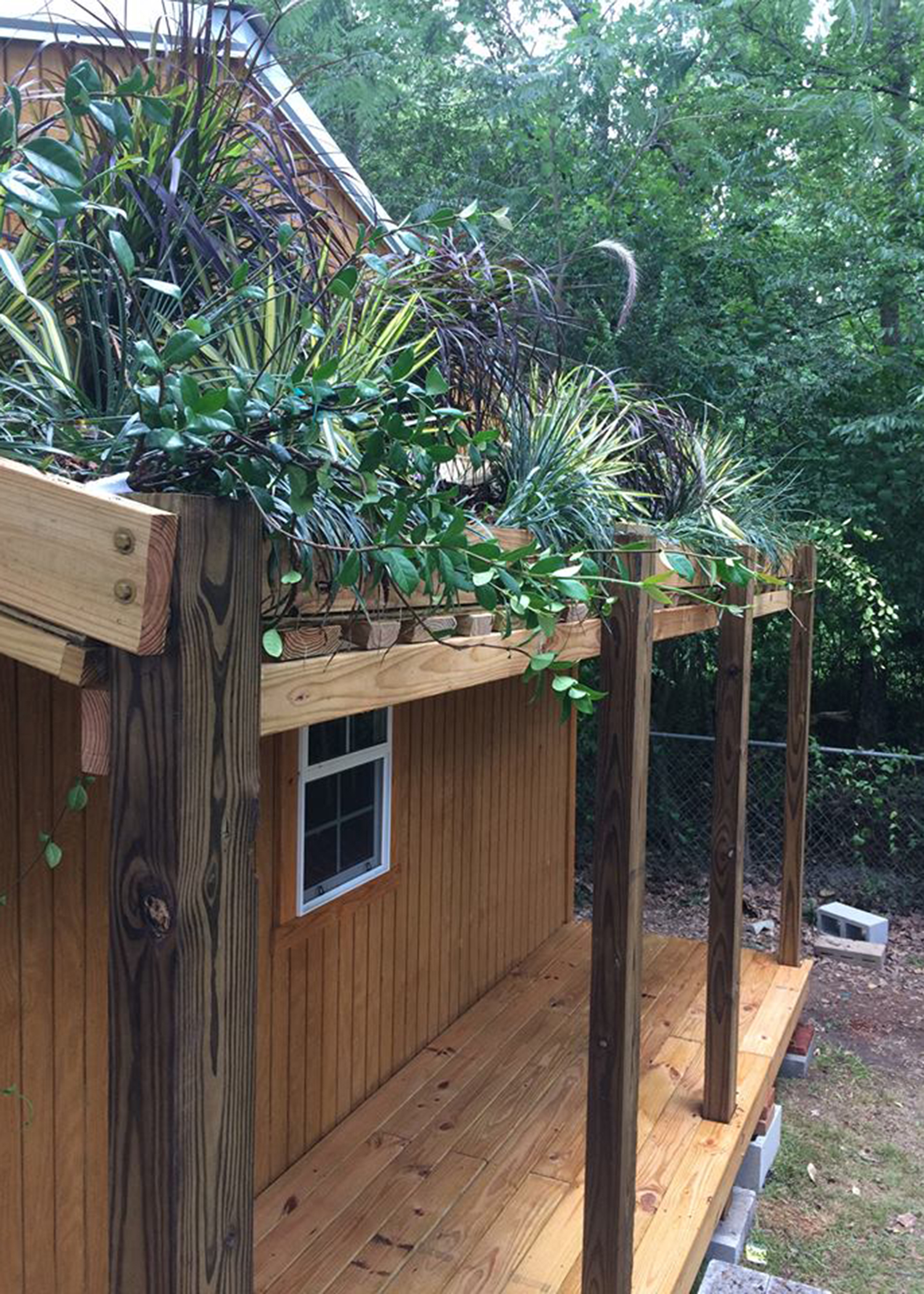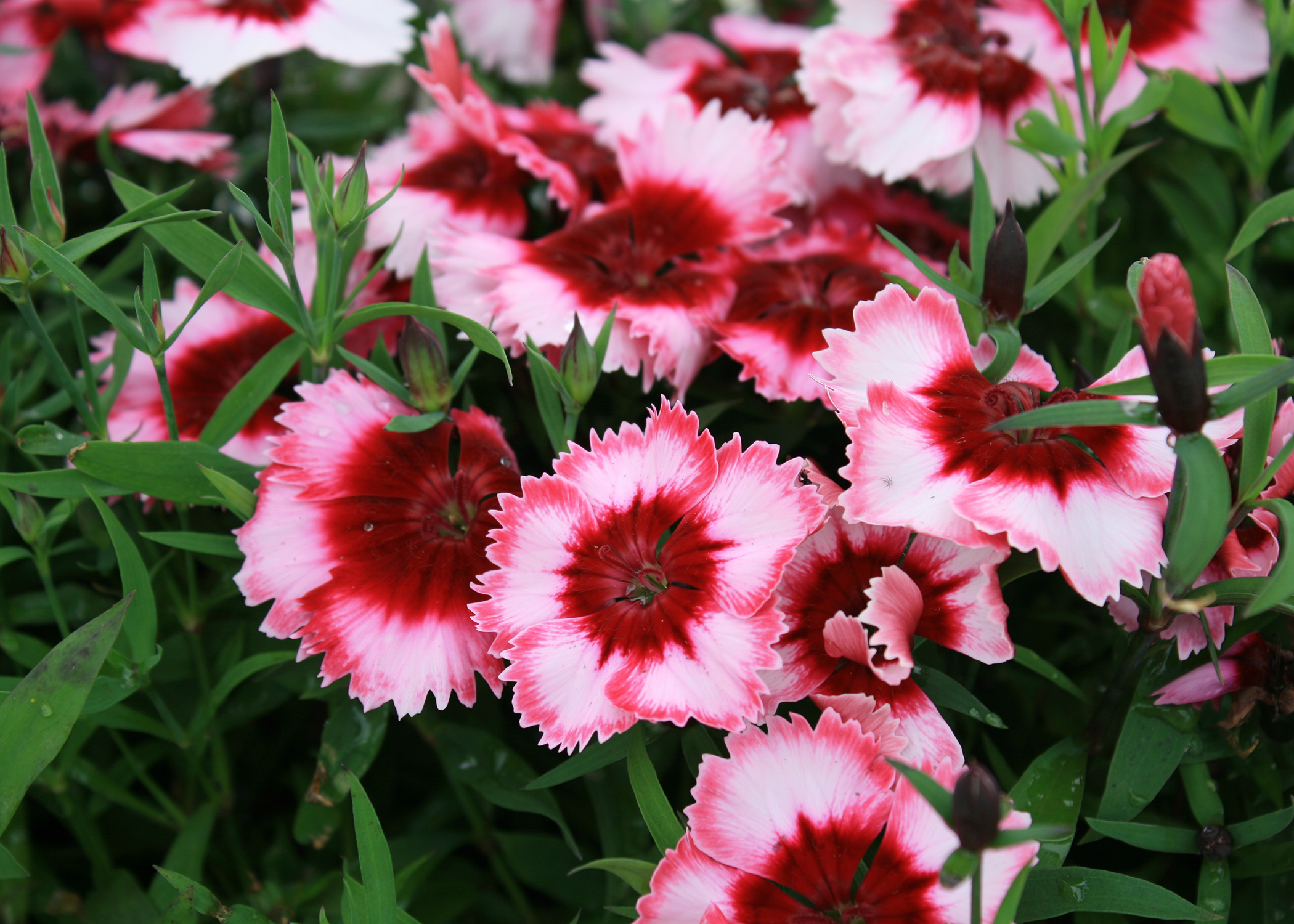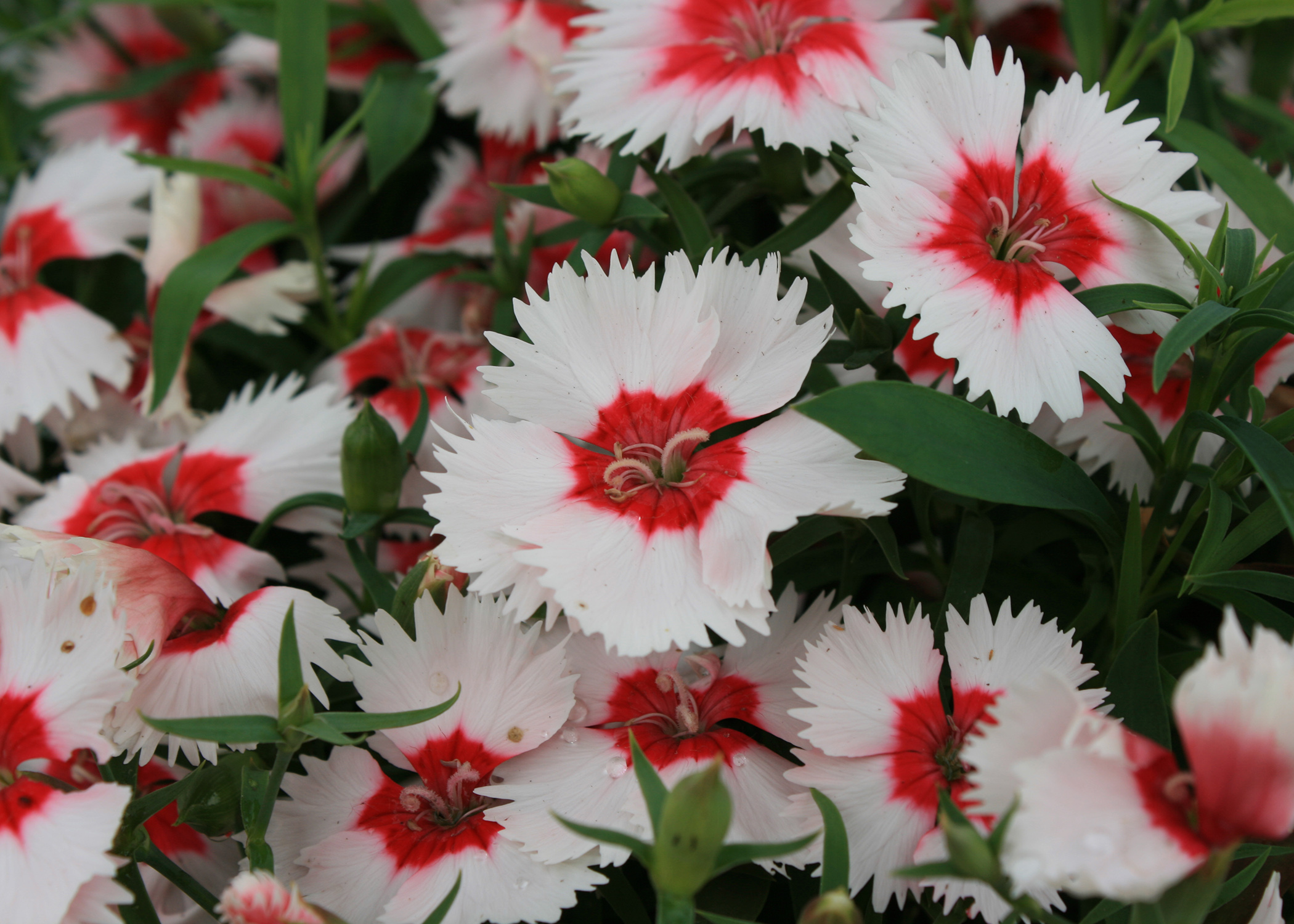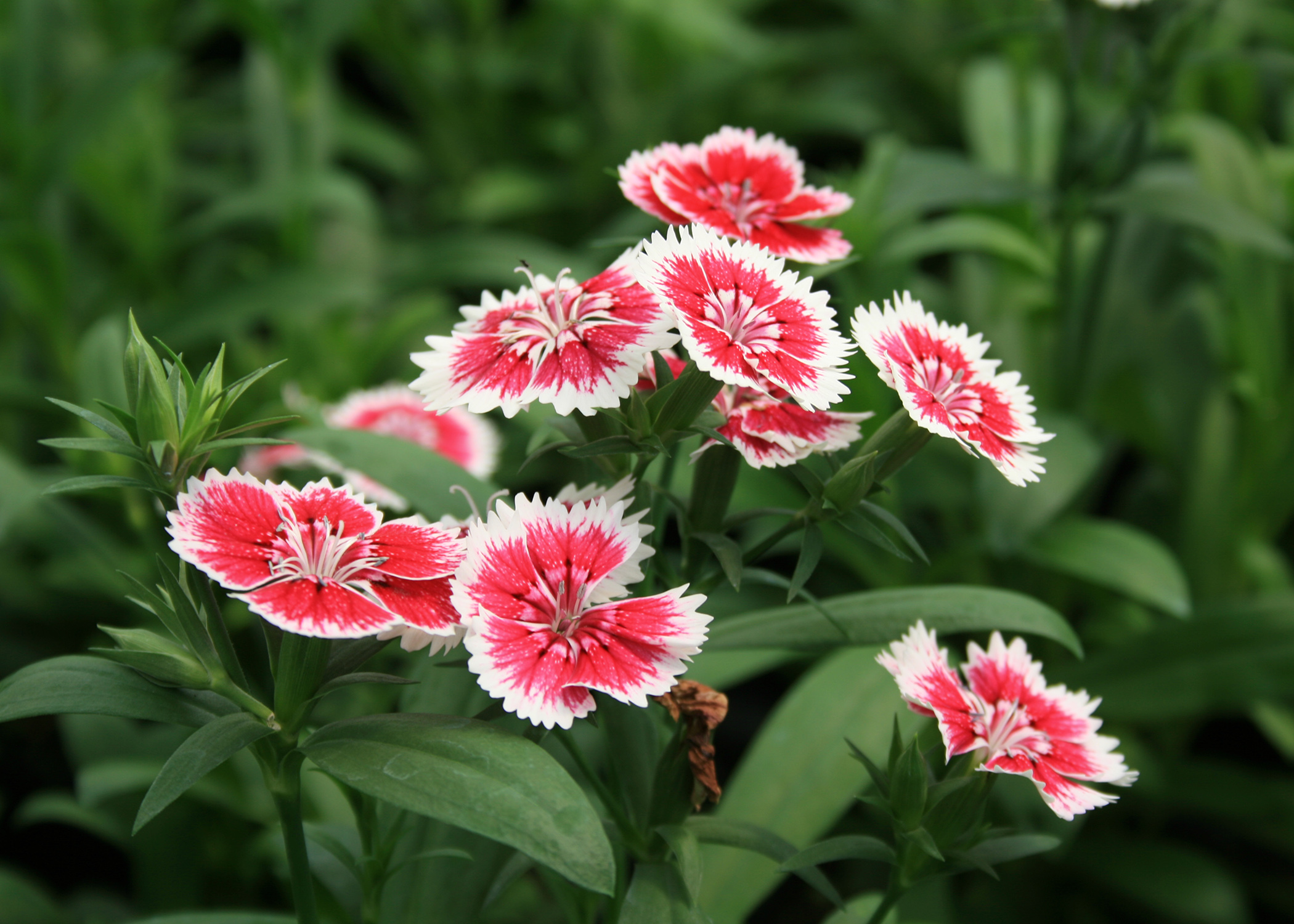Not into conventional gardening? A salad table just may be for you.
With these elevated gardening beds, you can grow fresh vegetables and herbs throughout the year right at your fingertips. These tables work well in small spaces and eliminate the physical demands of an in-ground garden. (Photo courtesy of Carla Moore)
While scorpions frequently live in hot and dry areas, at least two scorpion species are at home in Mississippi's often cold and wet climate.
Jerome Goddard, medical entomologist with the Mississippi State University Extension Service, identified the scorpions: Vaejovis carolinianus, commonly called the Southern Devil Scorpion or unstriped scorpion, found only in northeast Mississippi; and Centruroidis vittatus, known as the striped scorpion, found sporadically in central and southern parts of the state.
This past weekend, I started planting cool-season color in my 25-gallon citrus containers.
I like underplanting in these containers for a couple of reasons. First, I can maintain a color pop through the year. And second, these annuals act as a colorful ground cover carpet that helps keep weeds at bay. I really do hate weeding, and even plants grown in containers need help with weed control.
Mississippi is fortunate to have thousands of acres that are poetically "unpeopled and still." Those portions of our state are prime locations for people who want to escape urban stress and are willing to pay top dollar for the opportunity.
Dry fall weather in recent years delayed wheat planting and reduced acreage significantly, but rains in 2018 are creating a different problem for wheat producers.
Erick Larson, grain crops agronomist with the Mississippi State University Extension Service, said wet soils have delayed fall harvest in some areas. Harvest of other crops is the foremost priority before effort and acreage are devoted to wheat.
A million-dollar grant acknowledges that farmers and families living in rural areas battle many of the same mental health challenges as urban residents face.
The notion of a rooftop garden may inspire images of ancient architecture, big city green spaces or homestead cabins in the American West, but the idea is feasible for modern construction.
Bob Brzuszek, Mississippi State University Extension Service professor of landscape architecture, said building green roofs is an innovative way to include green spaces in urban areas and increase biodiversity.
I love the annual color we can grow all winter in most of our Mississippi gardens and landscapes, so I'm going to spend a few weeks concentrating on cool-season color. Dianthus is my first choice for fall color.
Steve and Bronson discuss implications of the 2nd positive CWD sample in Mississippi and have a conversation about common questions surrounding eating venison.


